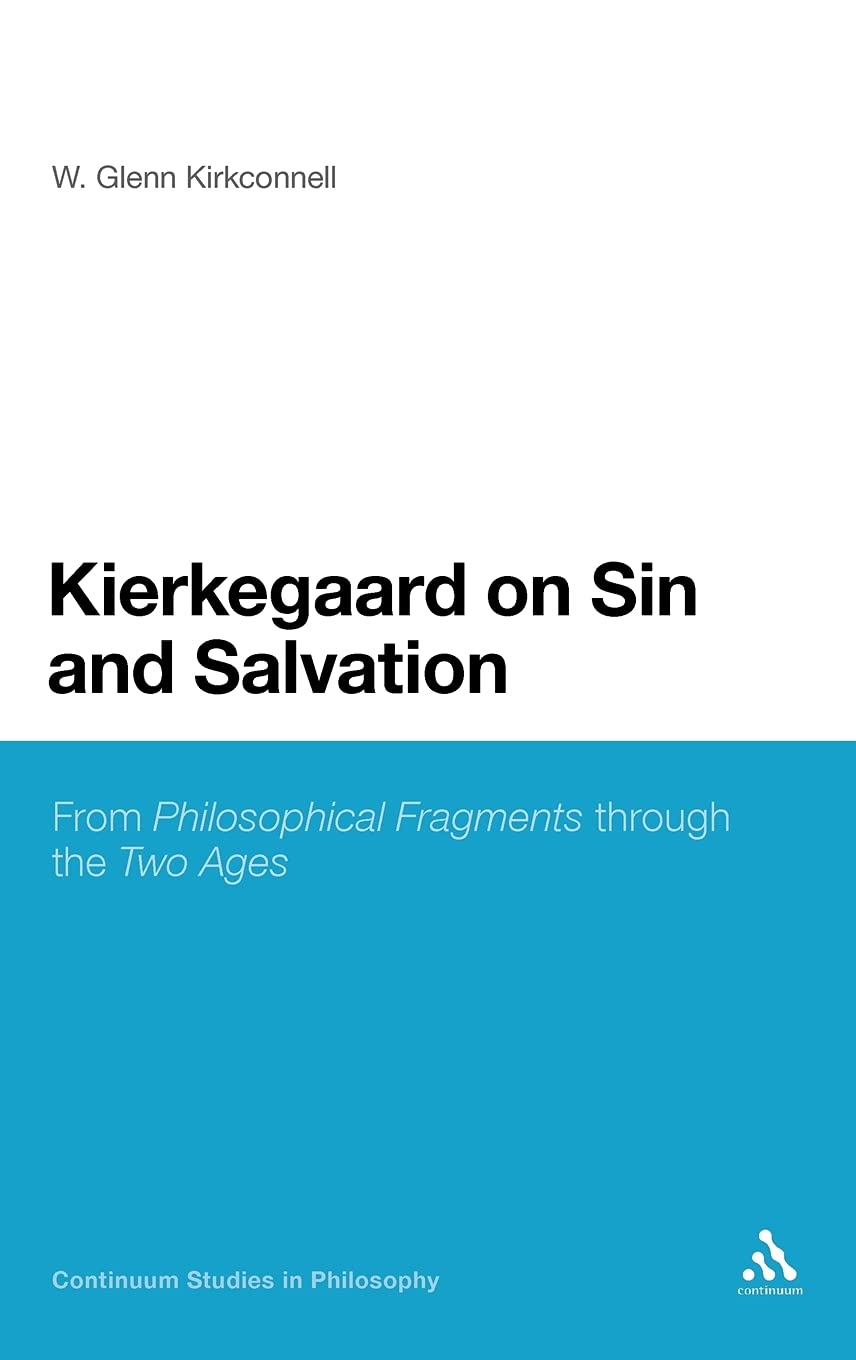

Most ebook files are in PDF format, so you can easily read them using various software such as Foxit Reader or directly on the Google Chrome browser.
Some ebook files are released by publishers in other formats such as .awz, .mobi, .epub, .fb2, etc. You may need to install specific software to read these formats on mobile/PC, such as Calibre.
Please read the tutorial at this link. https://ebooknice.com/page/post?id=faq
We offer FREE conversion to the popular formats you request; however, this may take some time. Therefore, right after payment, please email us, and we will try to provide the service as quickly as possible.
For some exceptional file formats or broken links (if any), please refrain from opening any disputes. Instead, email us first, and we will try to assist within a maximum of 6 hours.
EbookNice Team

Status:
Available4.5
37 reviewsSøren Kierkegaard (1813-1855) is simultaneously one of the most obscure philosophers of the Western world and one of the most influential. His writings have influenced atheists and faithful alike. Yet despite his now pervasive influence, there is still widespread disagreement on many of the most important aspects of his thought.
Kierkegaard was deliberately obscure in his philosophical writings, forcing his reader to interpret and reflect. But at the same time that Kierkegaard produced his esoteric, pseudonymous philosophical writings, he was also producing simpler, direct religious writings. Since his death the connections between these two sets of writings have been debated, ignored or denied by commentators. Here W. Glenn Kirkconnell undertakes a thorough examination of the two halves of Kierkegaard's authorship, demonstrating their ethical and religious relationship and the unifying themes of the signed and pseudonymous works. In particular the book examines Kierkegaard's understanding of the fall of the self and its recovery and the implications of his entire corpus for the life of the individual.
Søren Kierkegaard (1813-1855) is simultaneously one of the most obscure philosophers of the Western world and one of the most influential. His writings have influenced atheists and faithful alike. Yet despite his now pervasive influence, there is still widespread disagreement on many of the most important aspects of his thought.
Kierkegaard was deliberately obscure in his philosophical writings, forcing his reader to interpret and reflect. But at the same time that Kierkegaard produced his esoteric, pseudonymous philosophical writings, he was also producing simpler, direct religious writings. Since his death the connections between these two sets of writings have been debated, ignored or denied by commentators. Here W. Glenn Kirkconnell undertakes a thorough examination of the two halves of Kierkegaard's authorship, demonstrating their ethical and religious relationship and the unifying themes of the signed and pseudonymous works. In particular the book examines Kierkegaard's understanding of the fall of the self and its recovery and the implications of his entire corpus for the life of the individual.